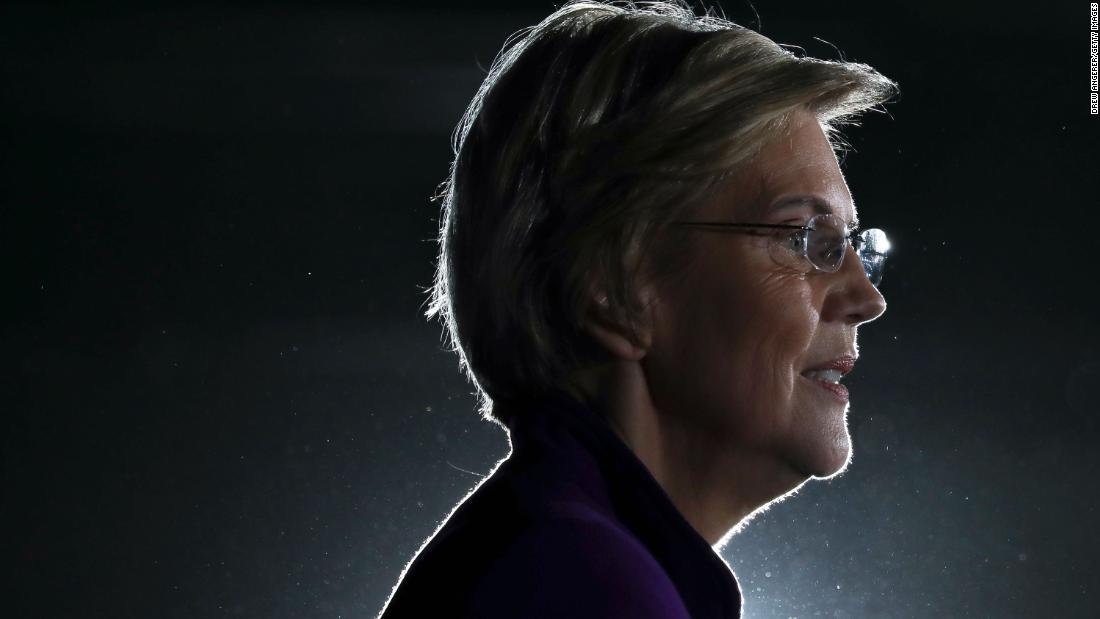[ad_1]
“We believe Warren would be an especially powerful Treasury secretary with Biden likely delegating to her primary responsibility for financial and economic policy,” Jaret Seiberg, policy analyst at Cowen, wrote in a note to clients on Thursday.
And a Treasury Secretary Warren would be a nightmare for Wall Street.
“If Warren were to become secretary of the Treasury, we would expect financial stocks to come under some pressure, especially banks,” said James Shanahan, banking analyst at Edward Jones.
Neither the Biden campaign nor Warren’s office responded to requests for comment.
‘Quite harsh for banks’
Cowen’s Seiberg said that Warren would probably have significant sway over who Biden picks for other critical regulatory posts, including vice chair for supervision at the Federal Reserve, Comptroller of the Currency, SEC chair and director of the Consumer Financial Protection Bureau, the agency that was a brainchild of Warren.
“If it’s Elizabeth Warren at Treasury, the tone will be quite harsh for banks,” said Brian Gardner, managing director for Washington Research at Keefe, Bruyette & Woods, a boutique investment bank.
Pressure on debt collectors, bank dividends
Consider the moves that Warren has made in just the past few days.
Warren co-signed a letter Wednesday urging the Fed to stop allowing banks to pay their dividends during the pandemic to ensure they have enough cash to keep lending.
Seiberg argues that a Warren appointment would have some positives as well because she would be “aggressive” in using stimulus money to support the Federal Reserve’s emergency lending programs. That would translate to more cash infusions for struggling companies as well as support for the embattled commercial real estate industry.
Far from a slam dunk
Even if Biden wins, political realities may prevent Warren from joining his Cabinet.
Stepping down from the Senate would allow Republican Massachusetts Governor Charlie Baker to appoint a replacement until there is a special election six months later.
Also, if Democrats control Congress and the White House, Warren could decide to stay in the Senate because she would wield great influence in crafting potentially sweeping legislation.
Sheila Bair, Mayor Pete
If Warren isn’t tapped for Treasury secretary, Seiberg listed several alternatives, including Fed governor Lael Brainard, another frequent critic of big banks.
Wall Street’s dream pick would be billionaire Mike Bloomberg.
“He would be the right person at the right time to deal with the COVID-19 crisis,” Seiberg wrote, adding that Bloomberg is “likely too mainstream for the Democratic party.”
The best-case for Wall Street would be four more years of Trump.
The fact that the leading candidates from either party for Treasury secretary — Mnuchin and Warren — are polar opposites is another reminder of how the 2020 election could bring about a sharp shift in policy for Wall Street.
[ad_2]
Source link



